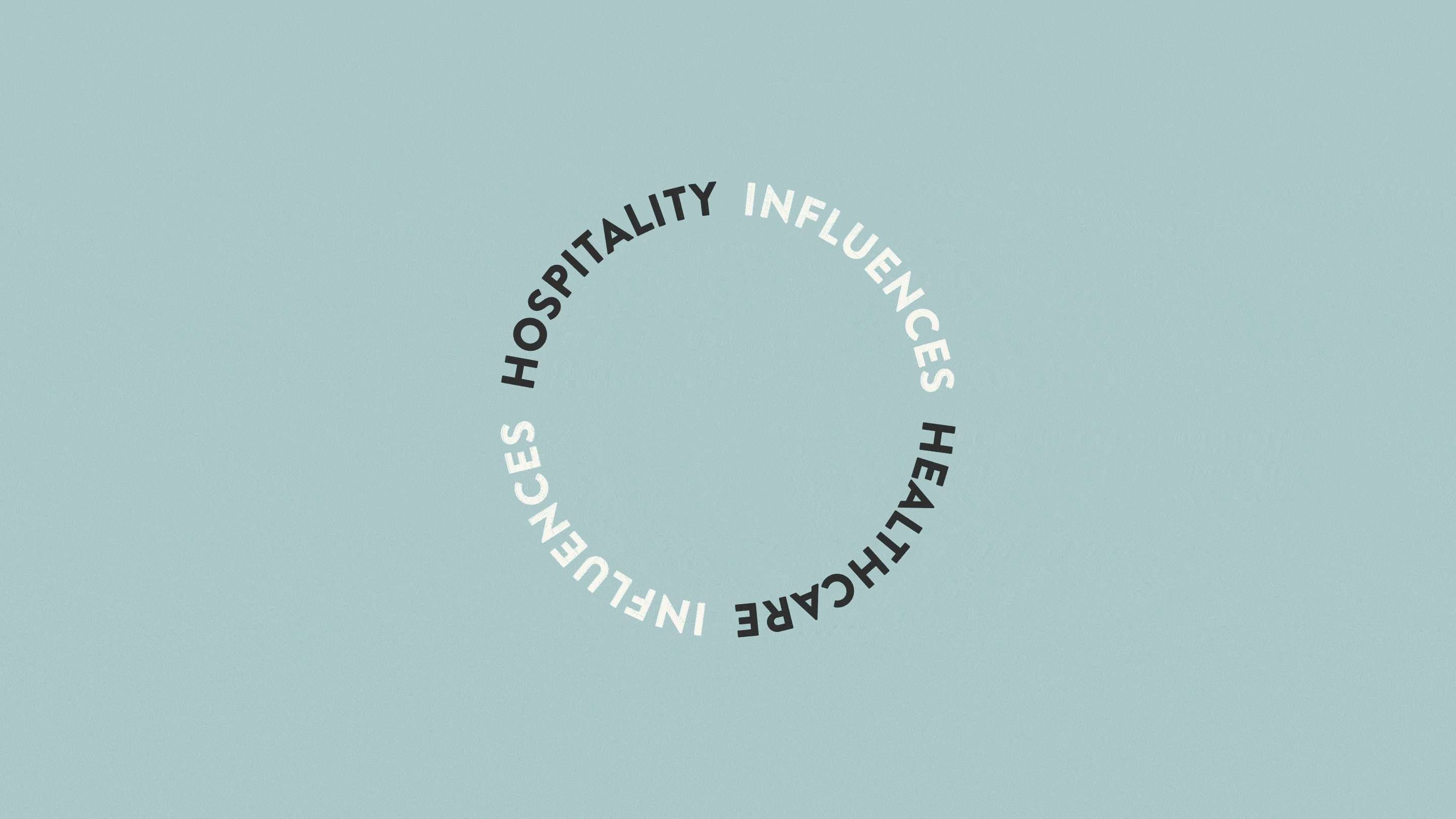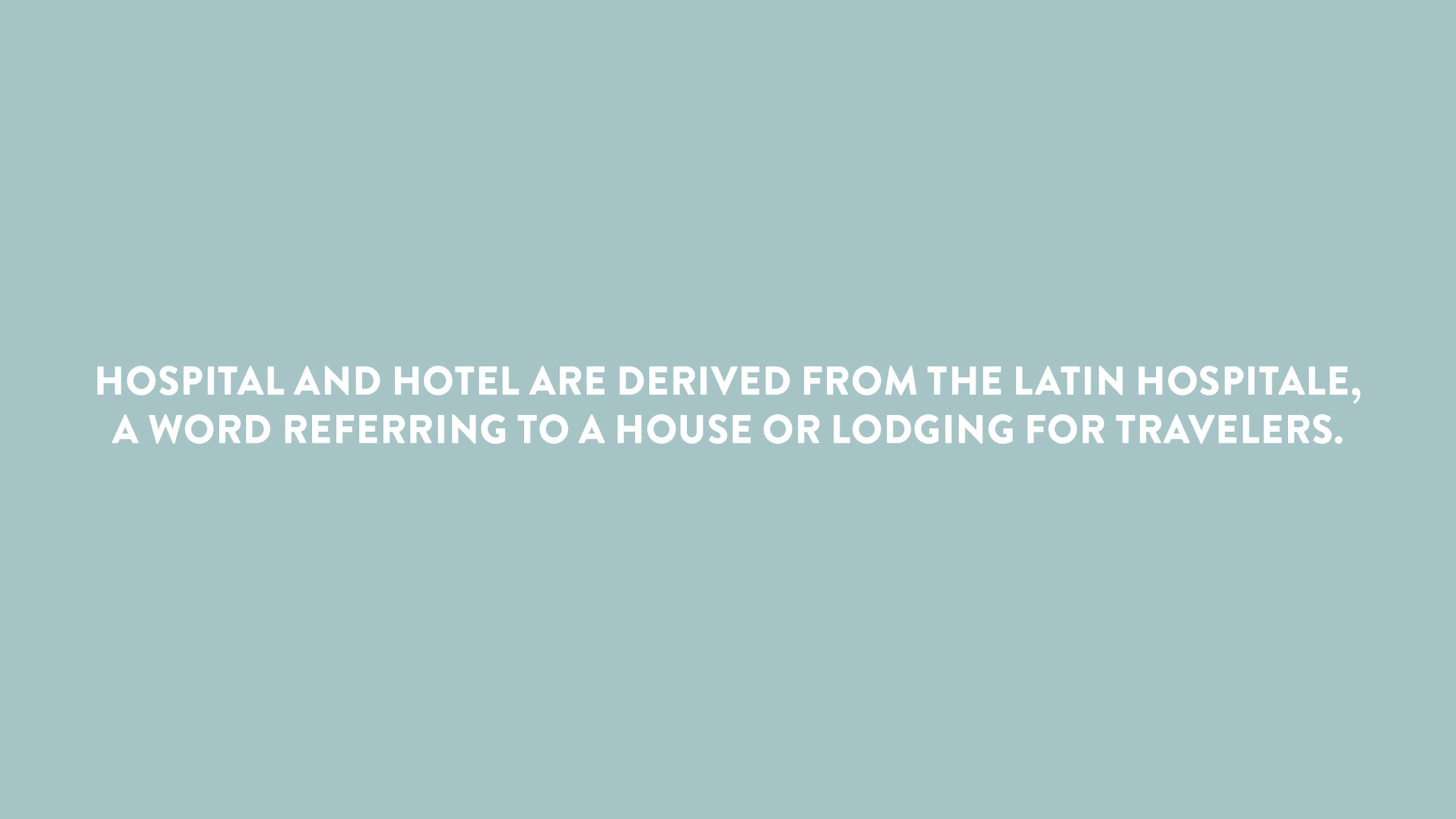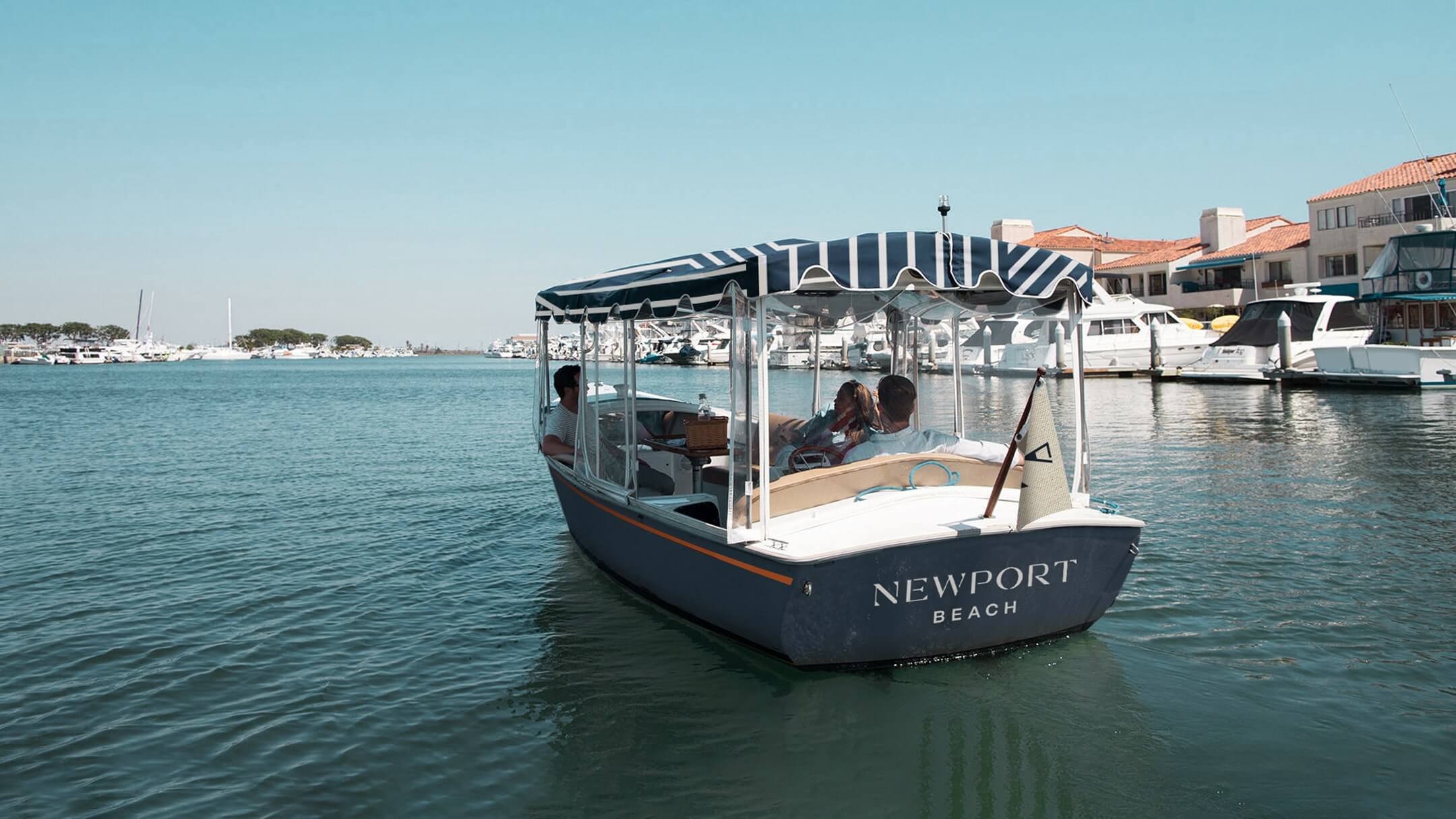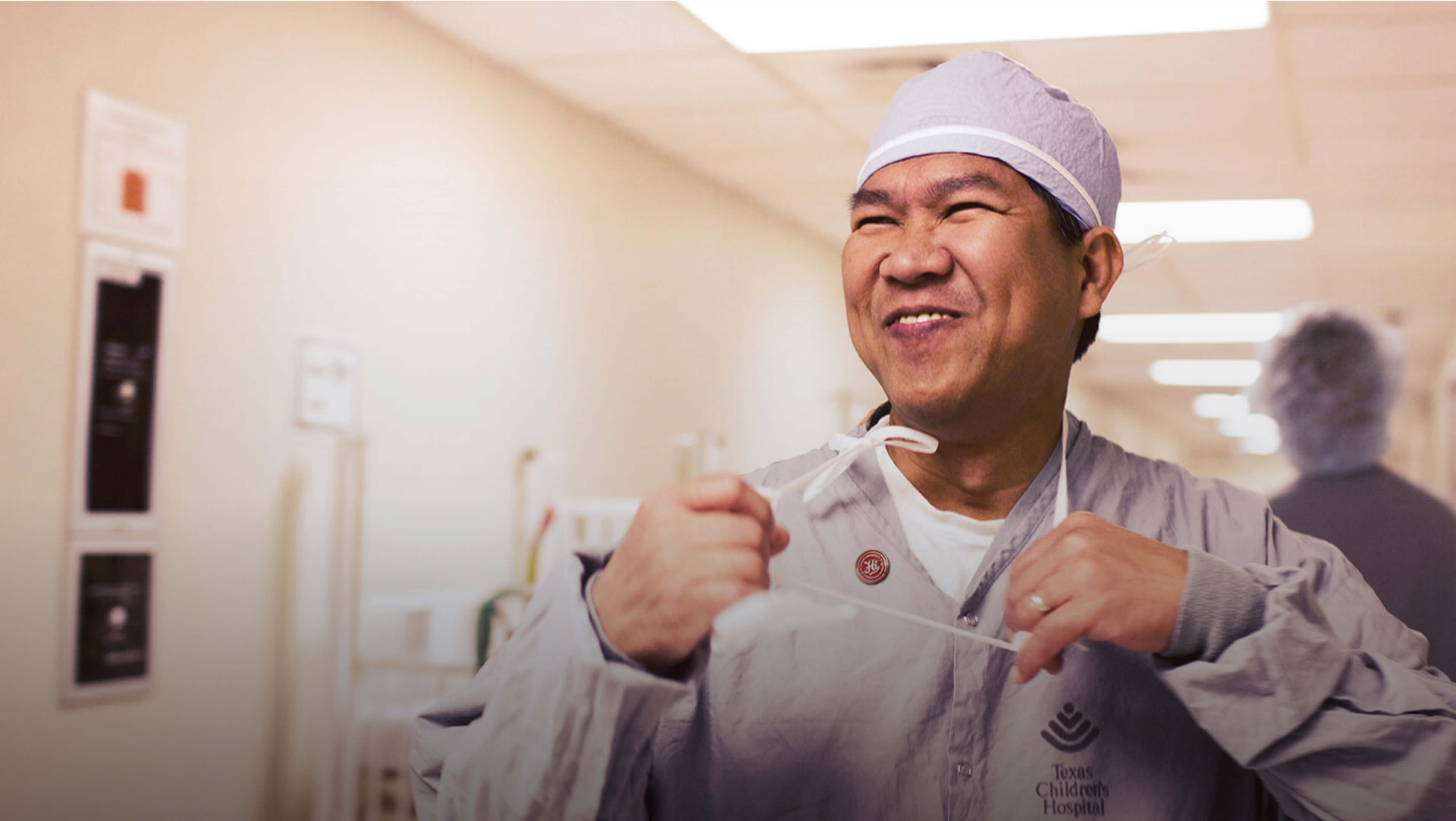From Hospitality to Healthcare: A New Frontier for Patient Wellness
From the outset, it’s essential to recognize that the intersection of hospitality and healthcare is transforming patient care. This co-inspiration is not merely about healthcare borrowing from hospitality; it’s a mutual relationship enhancing the way we approach wellness in healthcare settings.
Today’s healthcare landscape is being redefined by integrating the principles of hospitality, a transformation spurred by the need to improve patient satisfaction and overall care. This ongoing evolution, fueled by declining satisfaction rates, recognizes that healing is profoundly influenced by clinical outcomes, a patient’s environment, and the quality of personal interactions. An Ipsos survey for MDVIP reveals widespread dissatisfaction with the healthcare system, which is perceived as confusing and impersonal, with many Americans feeling more like a number than a person.

Marketers are presented with a pivotal opportunity here. In a market saturated with claims of superior outcomes and conveniences, there is a profound opportunity to differentiate by delving into the humanity that patients seek. This entails shifting focus towards creating meaningful experiences that resonate on a personal level, making each patient feel recognized and of actual value.
By adopting the meticulous attention to detail and personalized service typical of the hospitality industry, healthcare is beginning to see that leaning into this model can significantly enhance the patient experience. This approach emphasizes the importance of the surrounding environment, genuine interactions, and treating patients as valued ‘guests,’ thereby revolutionizing care delivery and improving consumer satisfaction.
For marketers, this shift is a goldmine for innovation. It challenges us to collaborate closely with healthcare clients, bringing consumer needs sharply into focus and translating them into distinctive, talk-worthy service enhancements and differentiators in the space.
Creating Healing Spaces: The Role of Environment in Healthcare
In healthcare, the environment plays a crucial role that goes beyond aesthetics, directly impacting patient well-being and recovery. Research indicates that hospital room design, including factors like natural daylight, outdoor views, and aesthetic surroundings, can significantly influence recovery outcomes. For example, patients in rooms with ample natural light and soothing color schemes experience fewer infections, reduced medication use, and shorter hospital stays.
Northwell Health’s initiative to overhaul its hospital food service by hiring Michelin-starred chef Bruno Tison exemplifies this approach. Previously, patient and staff meal satisfaction was at a dismal 9%, with feedback often describing the food as “inedible.” Chef Tison’s transformative strategy involved recruiting skilled chefs familiar with high-end cuisine but new to hospital settings, capable of using fresh ingredients to craft healthy, made-to-order meals. He upgraded the kitchen facilities and shifted to a menu that embraced a variety of culturally diverse meals—from Asian to Latin American to kosher—tailored to meet the nutritional needs of different patients. This overhaul improved meal quality, ensured the meals supported patients’ specific dietary requirements and treatment plans, and personalized the dining experience, enhancing patient enjoyment and engagement with their meals.
The comprehensive changes led to a remarkable turnaround in food satisfaction ratings, with many of Northwell’s hospitals now averaging above 90%. This success story highlights the critical role of the hospital environment in patient care and sets a benchmark for integrating hospitality principles into healthcare. By prioritizing comfort, personalization, and high-quality service, healthcare facilities can transform patient experiences, leading to higher satisfaction rates and better overall health outcomes.
Wellness as a Journey: The Hospitality Industry’s Take on Healthcare
The hospitality industry has revolutionized wellness by making it a core element of the guest experience, offering comprehensive wellness packages that extend beyond traditional spa services. These packages, which include health assessments, fitness programs, and nutritional counseling, showcase a shift toward viewing health as a continuous journey. For example, in partnership with the California Health and Longevity Institute, the Four Seasons Hotel Westlake offers personalized wellness experiences catering to physical and mental health. This model provides a valuable framework for healthcare systems adopting a more holistic, preventative approach to patient care.
Holistic healthcare addresses all aspects of an individual’s well-being—physical, mental, emotional, social, and spiritual—and emphasizes preventive care and the management of long-term health. This approach can significantly improve healthcare quality and patient outcomes by focusing on the root causes of health issues, often linked to lifestyle choices and environmental factors. Healthcare providers can learn from hospitality’s success in enhancing guest satisfaction through comprehensive wellness by integrating similar holistic practices into their patient care strategies.
Incorporating holistic elements could involve adapting healthcare environments to be more conducive to healing and relaxation, similar to a luxury hotel setting. This might include enhancing the ambiance of patient rooms, offering more personalized care plans, and implementing programs supporting various health aspects, such as diet, exercise, and stress management.

Adopting holistic practices from the hospitality industry could lead healthcare providers to view healthcare as a whole journey rather than isolated treatments, setting new standards in patient care and meeting evolving consumer expectations. The shift could not only improve patient outcomes but also redefine healthcare excellence, inspired by hospitality’s holistic service model.
Leveraging Hospitality Insights for Healthcare Enhancement
The potential for healthcare to learn from the hospitality industry provides a promising avenue for improving overall patient satisfaction. As the healthcare sector faces increasing competition and higher patient expectations, adopting the customer service excellence characteristic of the hospitality industry can transform the patient experience.
This transformation is an opportunity for marketers to stand out in a sea of sameness. Marketers can help healthcare providers meet and exceed patient expectations by emphasizing personalized service and care. This approach can become a crucial differentiator in the marketplace, making healthcare experiences not just satisfactory but memorable.
For instance, healthcare facilities can learn from how luxury hotels manage guest experiences, focusing on attention to detail and personal touches that elevate guest satisfaction. This approach can be mirrored in healthcare settings by enhancing the ambiance of patient rooms, improving communication between staff and patients, and tailoring services to meet each patient’s unique needs. By focusing on making each patient’s experience as comfortable and individualized as a stay in a high-end hotel, healthcare providers can significantly boost patient satisfaction and trust.
Additionally, leveraging emerging technologies such as artificial intelligence and data analytics, as seen in personalized guest services in hospitality, could further personalize and improve patient care, making healthcare interactions more effective and satisfying.
Integrating hospitality principles into healthcare is not merely an innovative idea—it is a crucial evolution in the approach to patient care necessary to meet the changing expectations of today’s patients.
As marketers, we play a critical role in this transition. We are the storytellers who can articulate the value of these transformative practices to the public and within the healthcare industry. By harnessing the power of hospitality-focused healthcare, we can help create a system that treats and truly serves patients, offering them a wellness journey marked by care, dignity, and satisfaction.










